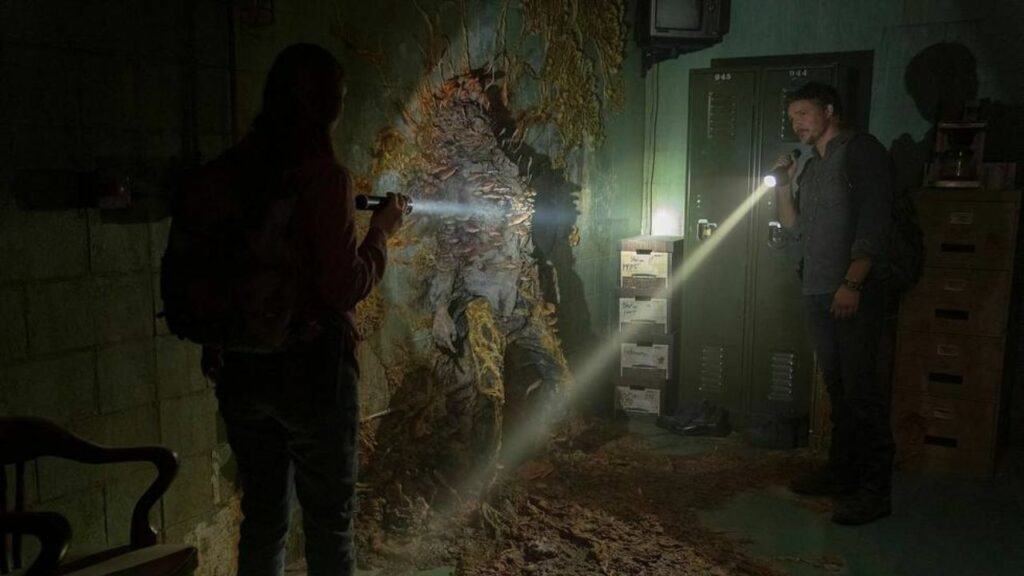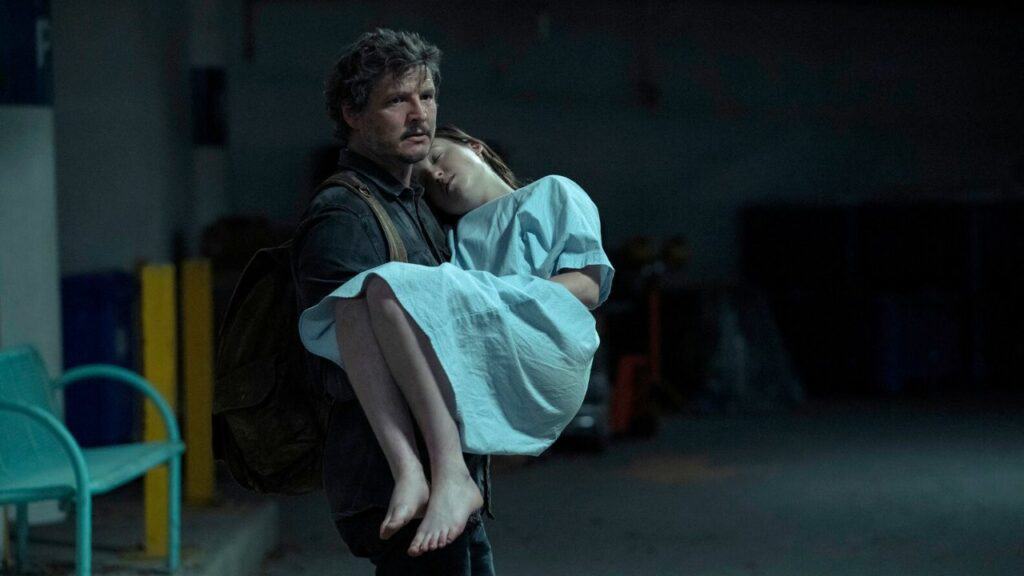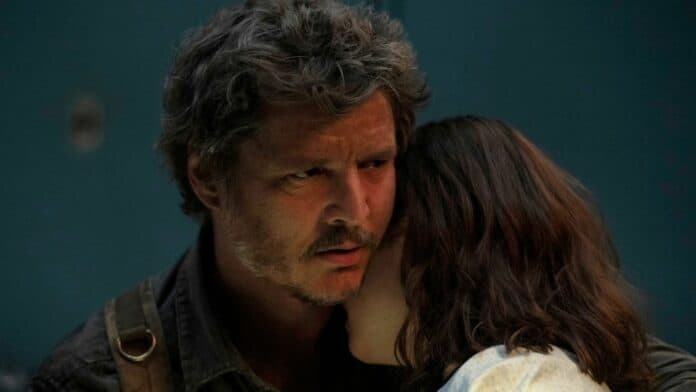In the riveting narrative of The Last of Us, a TV adaptation of the acclaimed video game, the character Joel embodies profound moral complexity.
Joel’s decisions throughout the series challenge viewers to reconsider the notions of right and wrong in a world ravaged by a catastrophic pandemic.
This article delves into the intricacies of Joel’s moral landscape, exploring the difficult choices he makes and their broader implications.
Survival in a post-apocalyptic world
In The Last of Us, the collapse of civilization forces characters to confront extreme situations for survival. This primal instinct often drives Joel’s choices.
Whether it’s engaging in violence or making tough calls, his actions reflect the harsh realities of the new world order.

This survivalist mentality sets the stage for the moral dilemmas he faces, as the line between what is necessary for survival and what is ethically right becomes increasingly blurred.
The weight of past loss
Joel’s past is marred by tragedy, notably the loss of his daughter. This loss fundamentally alters his worldview, influencing his decisions throughout the series.
His protective nature, primarily towards Ellie, stems from this unresolved grief. Viewers see a man who has been broken and reshaped by his past, making choices that are as much about shielding himself from further pain as they are about survival.
The bond with Ellie: A catalyst for change
The evolving relationship between Joel and Ellie is central to understanding his moral compass. Initially, Ellie is merely a responsibility to Joel, a means to an end.
However, as their journey progresses, she becomes a surrogate daughter, reigniting Joel’s paternal instincts.
His decisions, therefore, are increasingly influenced by this bond, often prioritizing Ellie’s well-being over broader moral considerations.
The pinnacle of moral ambiguity
The climax of The Last of Us presents the ultimate moral dilemma for Joel. Faced with the choice of saving humanity by sacrificing Ellie or saving her life at the cost of a potential cure for the pandemic, Joel’s decision is controversial and deeply human.
It encapsulates the core theme of the series: the complexity of moral choices in a world where the rules of society have collapsed.

His decision to save Ellie, while arguably selfish, speaks to the depth of his love and attachment, challenging viewers to contemplate what they would do in his place.
Reflections on humanity and ethics
Joel’s journey in The Last of Us is a mirror to the human condition, posing profound questions about ethics and humanity.
His decisions force viewers to confront the uncomfortable truth that, in extreme situations, moral choices are seldom black and white.
The series does an exceptional job of depicting this through Joel’s character, presenting a narrative where empathy, love, and survival instinct collide with ethical dilemmas.
In conclusion: The Moral Odyssey of Joel
In The Last of Us, Joel’s character is a testament to the complexities of human nature.
Joel’s decisions throughout the series are a nuanced portrayal of a man navigating a morally ambiguous world, torn between the instinct to protect and the weight of ethical consequences.
The series invites viewers to reflect on the challenging moral landscapes we navigate and the choices we make when faced with extreme circumstances.
Also Read: The Fireflies’ plan to save humanity in The Last of Us explained

